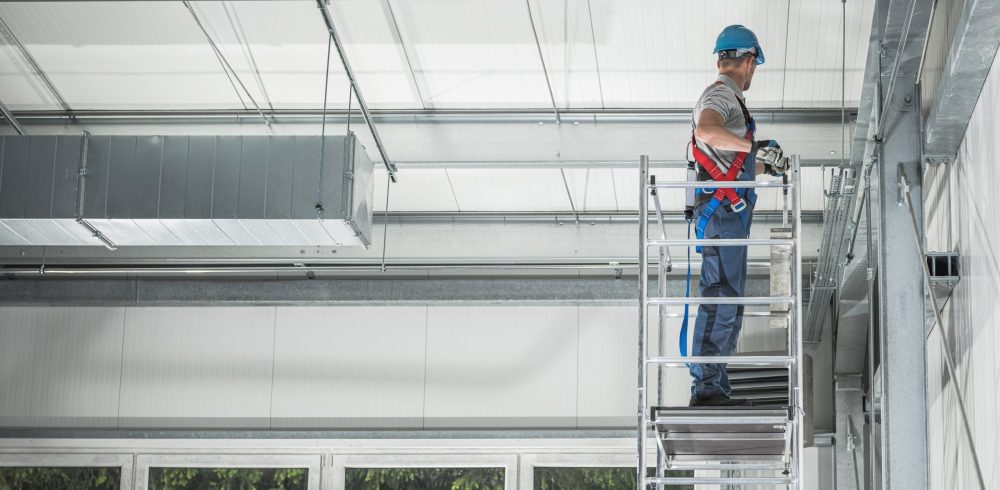The Aluminium Federation (ALFED) is pleased to announce that it has formally submitted its response to the Department for Business and Trade’s (DBT) consultation on the UK Trade Strategy. This marks a pivotal moment for the UK aluminium sector, highlighting ALFED’s commitment to ensuring a robust, competitive, and sustainable future for one of the country’s most critical industries.
As the collective voice of the UK aluminium industry, ALFED represents stakeholders across the supply chain, from producers to recyclers and downstream manufacturers. Our consultation response identifies key challenges faced by the sector and outlines actionable recommendations to enhance the industry’s competitiveness, resilience, and sustainability. With aluminium playing a central role in industries such as automotive, aerospace, construction, and packaging, it is vital that the Trade Strategy reflects its strategic importance in the UK’s industrial and economic landscape.
Central to ALFED’s submission are the following key areas of focus:
- Energy Costs and Competitiveness: ALFED has called for stabilising the Emissions Trading Scheme (ETS) relief mechanisms and reinvesting carbon pricing revenues into renewable energy support for energy-intensive industries. Such measures will provide long-term stability for investment in decarbonisation technologies.
- Post-Brexit Trade Complexities: The response highlights the pressing need to reintroduce diagonal cumulation of origin and streamline customs processes. These steps are crucial to reducing trade friction with the EU and EFTA countries and ensuring that aluminium remains an integral part of regional value chains.
- Carbon Border Adjustment Mechanism (CBAM): ALFED advocates for adjustments to the UK’s CBAM policy to prevent market distortions and support the sector’s competitiveness. Proposals include excluding indirect emissions, expanding CBAM to cover finished products, and reinvesting CBAM revenues into industry innovation and infrastructure.
- Recycling and Circular Economy: With a focus on sustainability, ALFED highlights the need for policies that incentivise the retention of aluminium scrap domestically and within Europe, fostering a robust circular economy. Investments in recycling infrastructure in the UK will enhance resource efficiency and reduce reliance on imports.
- Trade Defence and Fair Competition: ALFED recommends strengthening trade defence mechanisms to ensure a fair and competitive environment for UK aluminium producers and enable long-term industry growth.
ALFED remains steadfast in its commitment to working collaboratively with the DBT to advance these initiatives. As part of this commitment, we urge the government to establish mechanisms for ongoing dialogue, including quarterly roundtables with industry stakeholders and the formation of a dedicated aluminium task force within the DBT.
This proactive approach will not only address immediate challenges but also position the aluminium sector as a cornerstone of the UK’s transition to a net-zero economy and a global leader in green industrial growth.
“We are proud to have contributed to shaping the future of the UK’s trade policy,” said Nadine Bloxsome, CEO, ALFED. “Our submission highlights the critical need for a forward-thinking strategy that supports the aluminium industry’s growth and sustainability. We are eager to collaborate further with the Department for Business and Trade to implement these recommendations and unlock the full potential of our sector.”
ALFED invites its members and the wider industry to engage in this conversation and support efforts to secure a prosperous future for the UK aluminium industry. Together, we can ensure that the forthcoming Trade Strategy is a catalyst for innovation, sustainability, and economic growth.To take a look at ALFED’s response letter on the Consultation to the UK Trade Strategy, please click here.
Manufacturing & Engineering Magazine | The Home of Manufacturing Industry News















